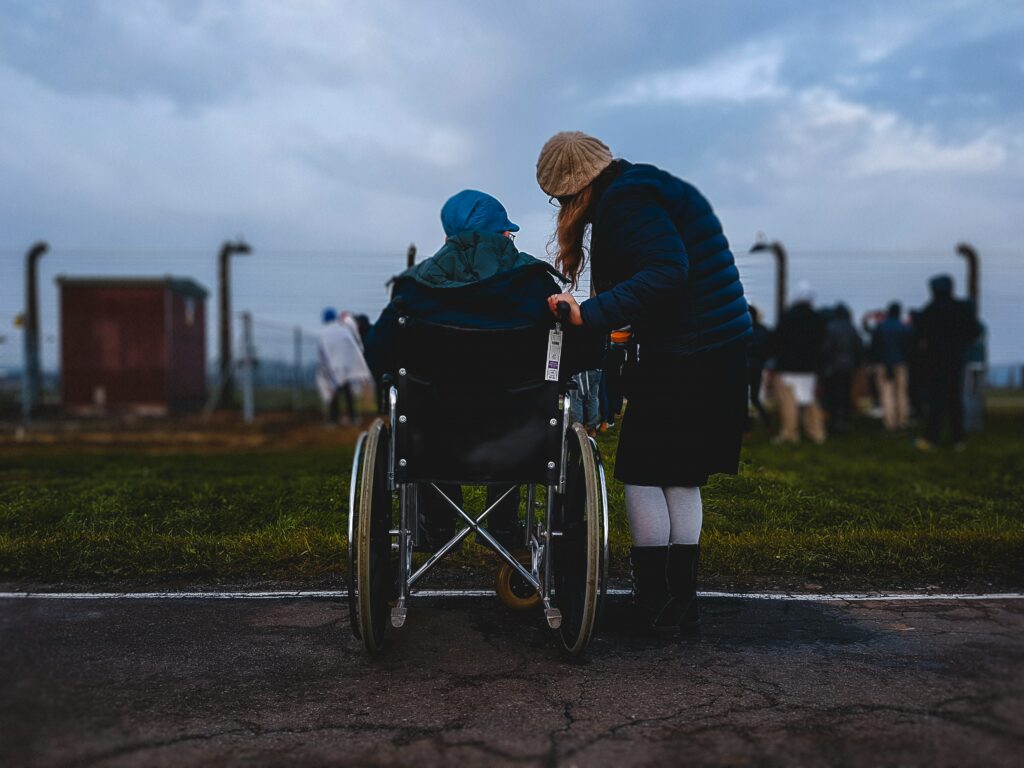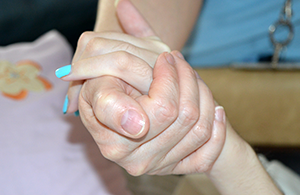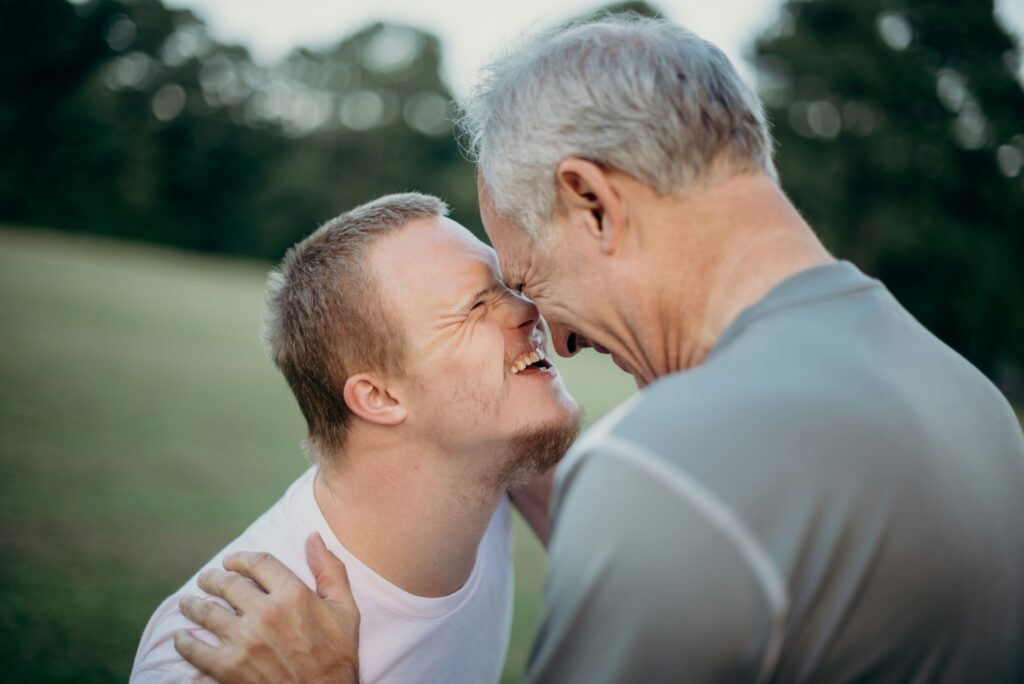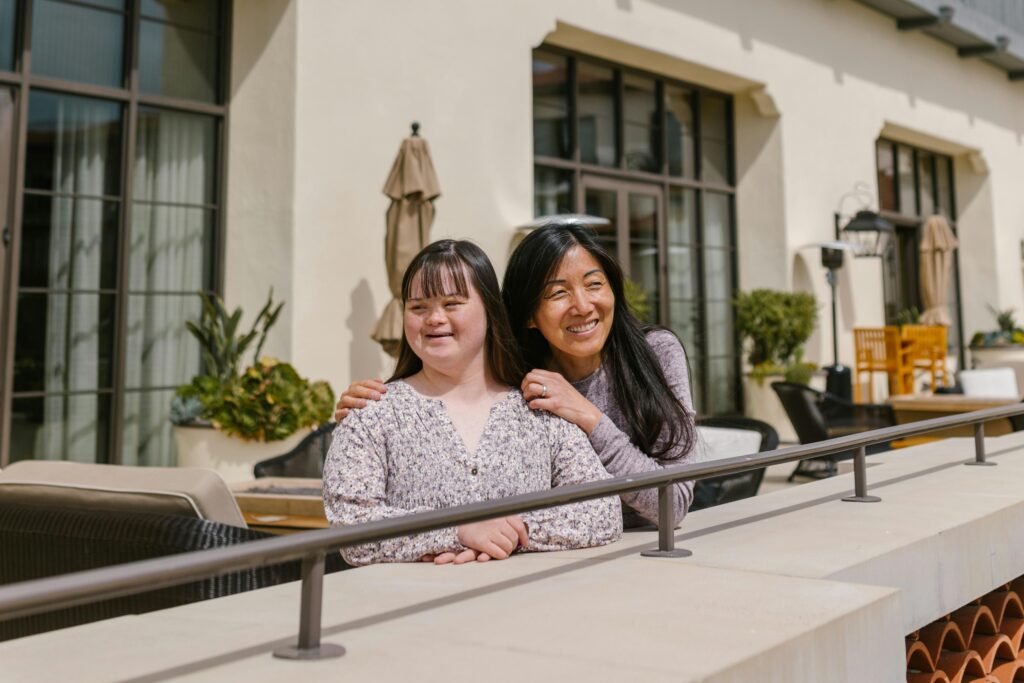
As a young person with a life-limiting condition, I sometimes feel that things are being done on my behalf without making sure that I’m included. I understand that people want to keep me well and safe, but as I’ve got older, I really want to be part of that process myself. It can sometimes be a challenge to get people to talk to me rather than my parents. I’m really grateful for all the care and support that they have given me, but if I didn’t have the condition that I have and didn’t have to use a wheelchair, there are parts of my life that I wouldn’t have to share with them. I can make all decisions about my care myself and sometimes want to make decisions that my parents and carers don’t agree with, such as having a drink — or that I don’t want them to know about, such as meeting my girlfriend. I know having a drink isn’t good for me, but so does everyone else my age — and they still do it. I would appreciate professionals recognising that I’m an adult and making sure that they talk to me independently, or at least give me the chance to speak to them on my own.
The Mental Capacity Act 2005 states that an individual should not be treated as lacking capacity simply because they make a decision that others might perceive as unwise or eccentric. As parents, carers or professionals, we should ensure that young people are provided with all the information they need to make an informed decision about their care and treatment. For example, this young person should be made aware of any effects that alcohol may have on his medication or condition. It is then his choice to make.
Professionals should also provide opportunities for young people to have discussions without parents or carers being present.




